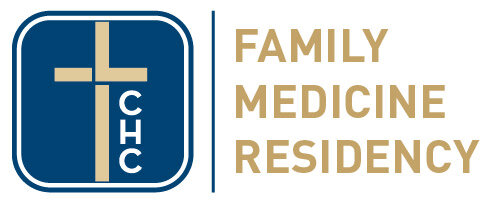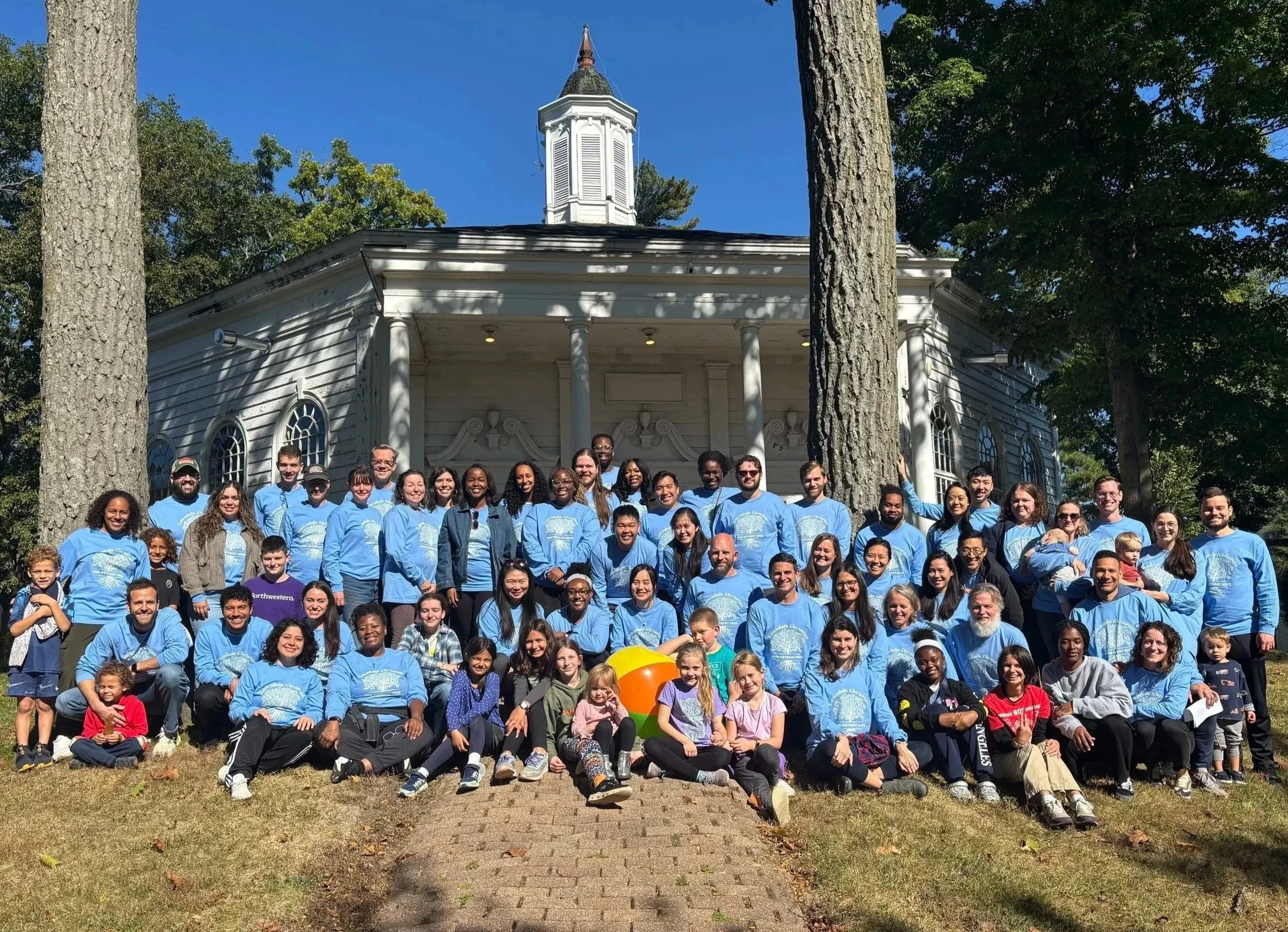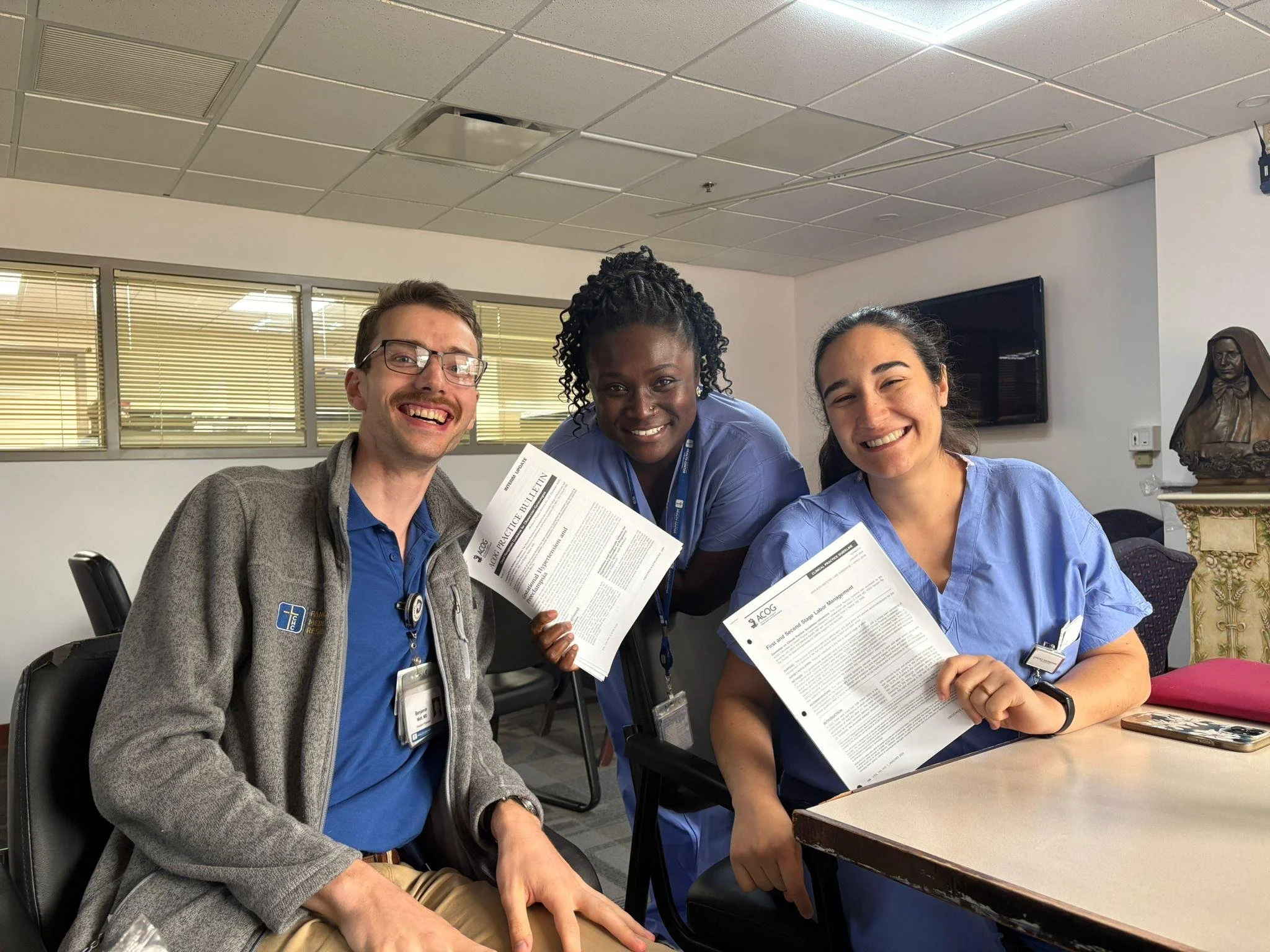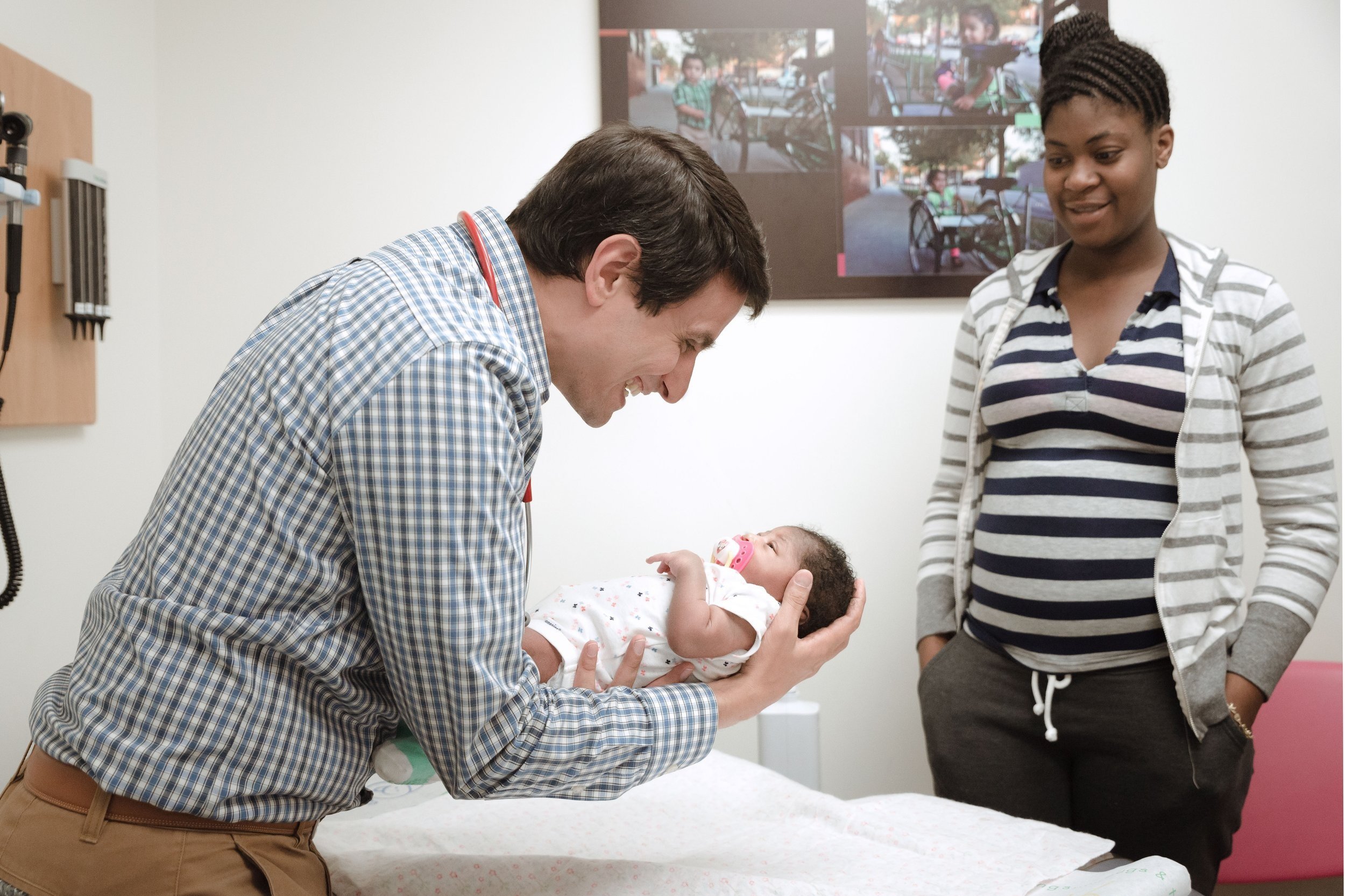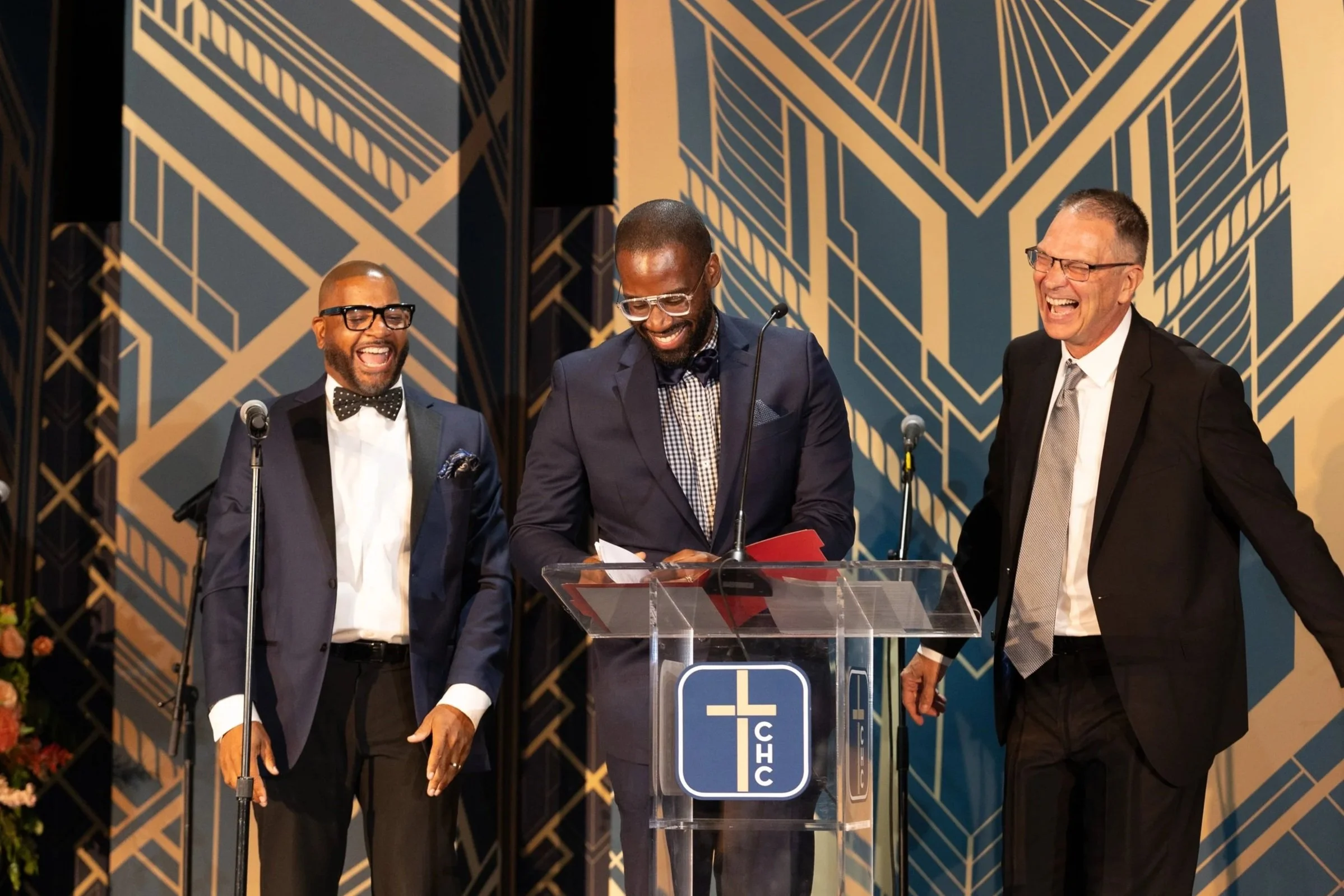Program Overview
Lawndale FMR is unique in several ways, not the least of which is its sponsorship by Lawndale Christian Health Center, nationally known for its forward thinking in community health and patient care. From its integration of primary care, behavioral health, and inpatient services now spanning decades, to its more recent expansion into senior day services and holistic programming for people experiencing homelessness, substance use disorders, and serious mental illness, Lawndale has long been a leader with its faith-based mission in community health.
Lawndale FMR is proud to be a Teaching Health Center, one of just two such programs in the state of Illinois and the only one independently sponsored by a community health center. Teaching Health Centers (THCGME) were created by the Affordable Care Act of 2010, and have been called “a new paradigm in Graduate Medical Education (GME)”, or residency training.
Whereas traditional GME funding and training is based out of academic and larger hospital systems, THCGME programs are based in the community, prioritizing care for high-need communities and vulnerable people. Residents that train in underserved communities are more likely to continue practicing in those same environments, and to have the unique training and skill set needed to make meaningful impact in those settings long-term.
In alignment with the mission of Lawndale Christian Health Center — to show and share the love of Jesus by promoting wellness and providing quality, affordable healthcare to Lawndale and neighboring communities — Our mission at Lawndale FMR is to equip family medicine physicians to serve and advocate for marginalized populations by addressing health disparities and delivering excellent care with a spirit of humility, justice, and hope.
